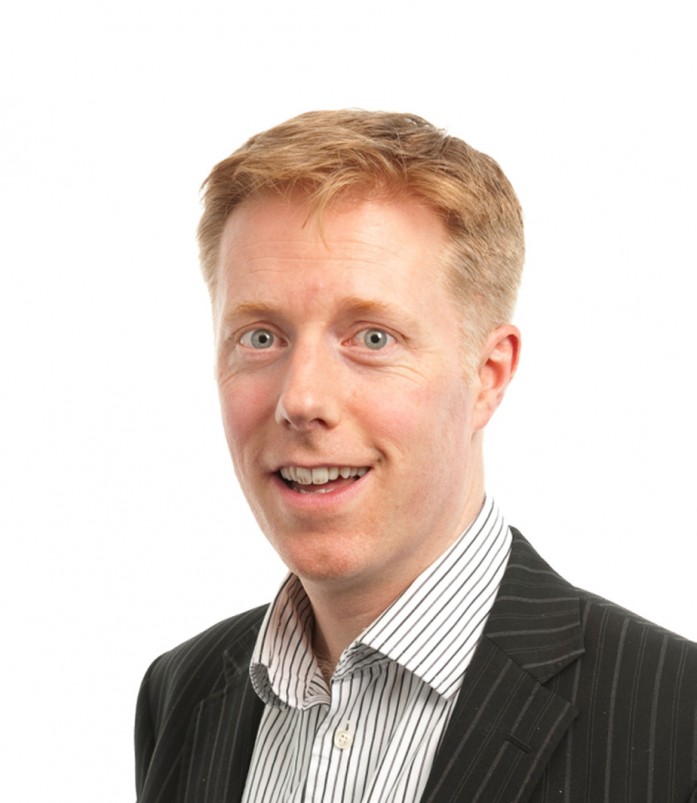Why I Resigned as CEO of a CCG
This article was first published in the Guardian on the 23rd June 2015
At 4pm on Tuesday 13th January this year, less than two weeks after the Christmas break, I walked nervously into the Chair’s office and resigned.
A few hours later, I was sat in a bar with some friends, their faces etched with disbelief, being interrogated about what I had just done. After finally exhausting the ‘and then what did he say?’ questions, one of the group asked, ‘But what I still don’t understand is why? You are the Chief Executive – why would you walk away from such a well-paid job, with its final salary pension, when you don’t have to? Why?’
The last time I had encountered that degree of questioning from them was twenty years earlier, when having graduated from Oxford I decided to spurn the advances of the city and instead pursue a career in NHS management. My answer then was that I didn’t want to wake up when I was 40 (40 seeming very old at that point) and discover that what I had achieved was simply earning a pile of money. I wanted to do something more with my life. I wanted to make a difference, and working in the NHS felt like an opportunity to positively impact on the lives of people who need help most.
I have worked in the NHS for 20 years. And in that time I have met many front line staff who work every day under exceptionally difficult circumstances, and who do, truly, impact upon the lives of patients and their carers. I have always felt my job is to do what I can to make their lives easier, to create systems that work better for them, and to try to solve as many of their problems as I can.
There have been times when I have felt that this was exactly what I was doing, for example when I was able to facilitate the introduction of a Community Elderly Care Service, that had been the brainchild of the local Elderly Care consultants who could see that their expertise was needed more out in the community than in the hospital.
But there have been other times when I have felt like I am not making any difference at all. The endless meetings, the incessant reporting, the answering to the latest political diktat. The NHS operates from the top down, but what makes sense in Whitehall rarely makes sense to the staff on the front line.
I vividly remember driving home at 8pm one evening when the phone rang. It was the local regional manager, who wanted information for her manager for 8am the next morning (because he had a meeting with Secretary of State). I arrived home, called a number of staff and between us we worked until midnight pulling the information together. But for what? We weren’t adding any value, simply feeding a system that demanded it.
So how can I make a difference in the NHS, when this is the environment? This was the question I had been grappling with for some time. Finally at Christmas I decided the only way to be free from the directives and the diktats, the imperatives that are well-intentioned but in reality stifle local innovation and prevent change from happening, was to quit.
This is what I explained to my Chair back in January. He listened, sighed heavily, and said, ‘I can see I am not going to change your mind’. And he was right. I want to focus on supporting the changes that matter, to provide genuine support to those working on the front line. To do this, I have come to understand, I need to be working with the NHS not in the NHS.


No Comments